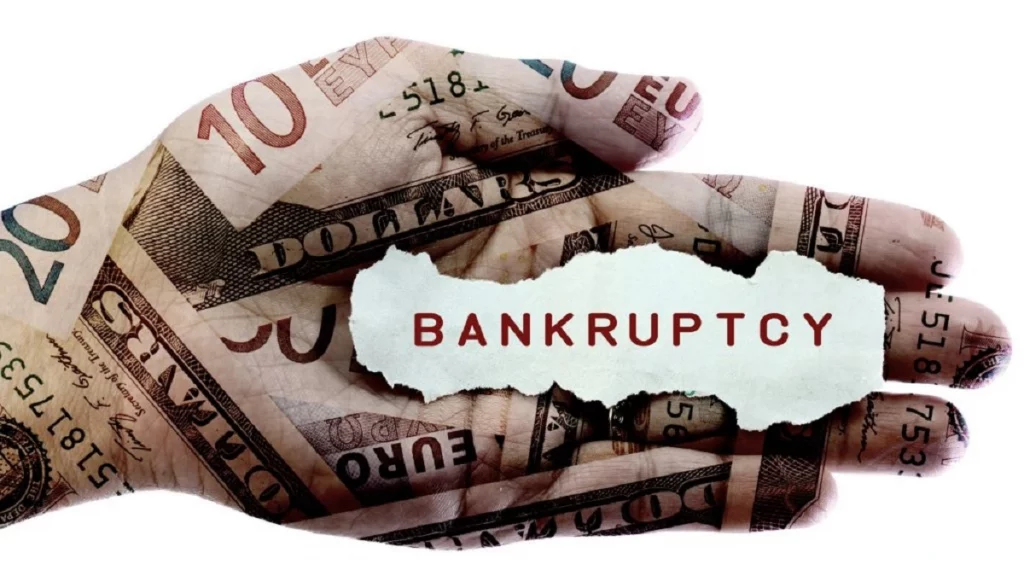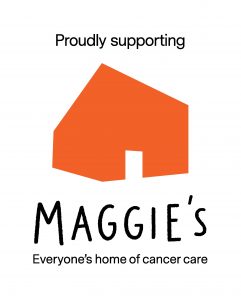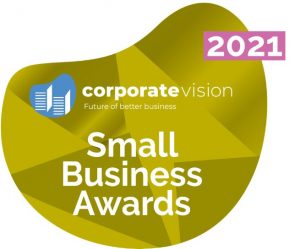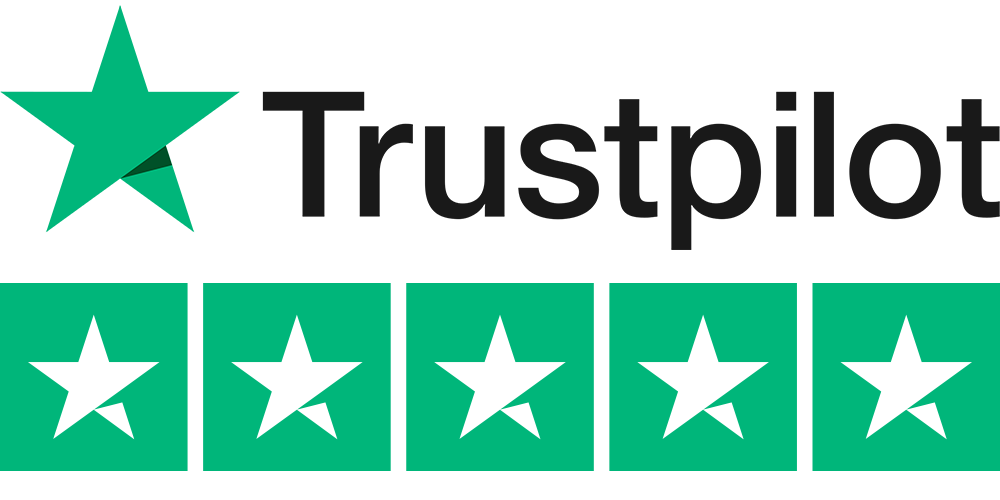Bankruptcy or a Debt Relief Order? What are they?
Bankruptcy
Going bankrupt is a way to clear your debts by releasing your assets to creditors. Bankruptcy can be court-ordered if you owe more than £5000 in debt to a single creditor. Bankruptcy normally ends after a year; this is known as “discharge.” After discharge your debt will be cleared, although some debts such as court fines and student loans will still need to be paid off.
DRO
A Debt Relief Order (DRO) is a debt solution for people with fewer assets to release and less income. To apply for a DRO you need to speak with a DRO adviser who will help you fill out your application. DROs usually last for a year, and you won’t be required to make any payments towards debt that the agreement covers, unless your financial situation improves.
Eligibility for Bankruptcy
There isn’t a minimum amount of debt you need to be eligible. If your unsecured debts total more than the things of value you own, then bankruptcy is an option for you. Before you can apply you need to speak with a debt adviser, who will assess your assets and tell you if you are eligible. You will also need to create an application and declare information about your assets and income. These include:
- Debts
- Employment & Income
- Pension
- Bank Accounts
- Assets (including your home, car, and personal belongings)
- Outgoings
- Letters from bailiffs or enforcement agents
Eligibility for a Debt Relief Order
DROs have stricter requirements for eligibility than bankruptcy. In order to apply you must:
- Be unable to pay your debts
- Have debts totalling less than £30,000
- Not own assets or items of value worth more than £2000 (excluding items required for your job and basic necessities)
- Have too little spare income to make payments
- Not have had a DRO for the last 6 years and aren’t undergoing another formal insolvency procedure (such as bankruptcy or an IVA)
- Have lived in England or Wales for the last 3 years
If you own a vehicle valued at less than £2000, you don’t have to include it in your assets. If you have a disability and therefore own a modified vehicle, you also don’t need to include it. Also, you can only exclude 1 vehicle from your assets but not if it is only used for work.
You must inform your adviser if in the last 2 years you have:
- Given away assets
- Sold assets for less than their value
- Prioritised paying one creditor or relative over others
Debts NOT Covered by DROs and Bankruptcy
Both these solutions cover most debts, but with some exceptions. You will still need to make payments towards these.
- Magistrates court fines
- Confiscation orders (court-ordered)
- Maintenance payments
- Child Support payments
- Student loans
- Debts related to personal injury or death of another person*
- Social fund loans
Advantages of DROs and Bankruptcy
| BANKRUPTCY | DEBT RELEIF ORDER (DRO) |
| No contact from creditors | You don’t have to make payments towards covered debts |
| “Exempt goods” can be kept | No contact from creditors |
| You can keep some of your income | Low cost of £90 to set up |
| If you need to make payments from your income, it will only be for 3 years maximum | No need to appear in court |
| Creditors must stop most types of court action | Only public for a short time after debt is cleared |
Disadvantages of DROs and Bankruptcy
| BANKRUPTCY
|
DEBT RELEIF ORDER (DRO) |
| Credit rating affected for 6 years | Credit rating affected for 6 years
|
| £680 cost – £130 Adjudicator fee and £550 deposit for application.
|
Not available in Scotland |
| Payments will need to be made if your income is high enough
|
Appears on a public register for the length of your agreement, plus 3 months |
| In order to take out a loan of £500+, you must inform the lender that you are bankrupt
|
In order to take out a loan of £500+, you must inform the lender that you have a DRO |
| You may be forced to sell your home
|
You may have your bank account closed and need to create a new one |
| If you rent, your landlord may end your tenancy | No power of attorney over the financial affairs of someone else |
| Some personal possessions may be sold | No one can hold power of attorney over your financial affairs |
| You may lose your job
|
You cannot set up a business, or take over and existing one, without permission from the court |
| Your business may be closed down | If you run another business, you will need to inform them that you have a DRO |
| May affect your immigration status | May affect your immigration status |
| Your bankruptcy will be made public permanently | Your landlord may still evict you due to late rent payments, even if they are covered by your agreement |
Which is better?
Although similar, one option will fit your financial situation better, so take the time to consider the advantages and disadvantages before making your decision. DROs and bankruptcy should always be a last resort option, they will harm your future credit rating for a long time, no matter how your financial situation changes.
For more information about DROs, bankruptcy and other debt solutions, take a look at our other debt solutions page or get in touch on 0800 254 5112 for free professional advice.





